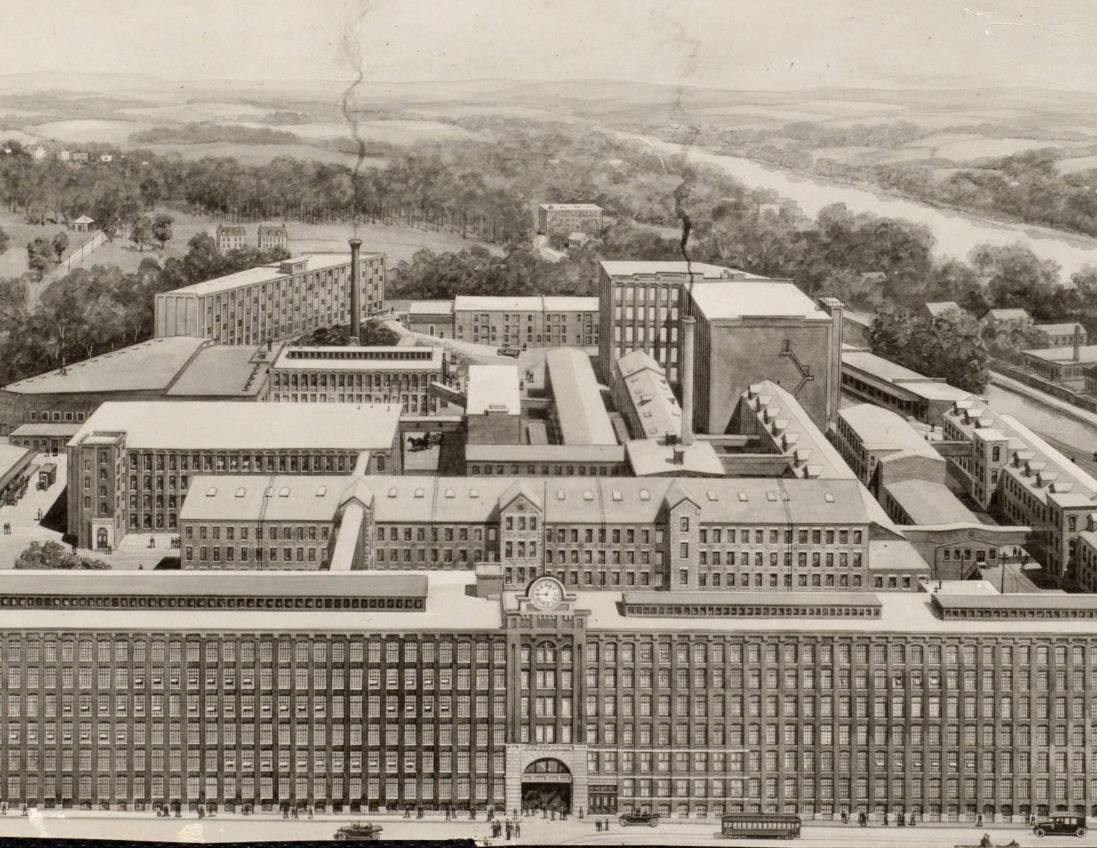
Lawrence History Center
History Site
Our collections are being digitized and made available through our website, OCLC WorldCat, Internet Archive, Digital Commonwealth, and the Digital Public Library of America (DPLA).

Our collections are being digitized and made available through our website, OCLC WorldCat, Internet Archive, Digital Commonwealth, and the Digital Public Library of America (DPLA).
Search the Lawrence History Center Photograph Collection (partial) containing photographs from 1845 to present, which chronicle the history of the people and places of Lawrence, Massachusetts.
Our collections are being digitized and made available through our website, OCLC WorldCat, Internet Archive, Digital Commonwealth, and the Digital Public Library of America (DPLA).
This site brings together information about the history and ongoing influence of newspapers and periodicals published by unions, labor councils, and radical organizations in the Pacific Northwest. Labor newspapers have been a critical part of American labor movements since the early 19th century and an…
Created by the American Social History Project/Center for Media and Learning at The Graduate Center, City University of New York, HERB is a database of primary documents, classroom activities, and other teaching materials in U.S. history. Named in honor of ASHP/CML’s co-founder, labor historian Herbert…
The Wisconsin Labor History Society is a volunteer-based organization working to record and catalogue the historical labor events of Wisconsin.
This collection of life histories consists of approximately 2,900 documents, compiled and transcribed by more than 300 writers from 24 states, working on the Folklore Project of the Federal Writers’ Project, a New Deal jobs program that was part of the U.S. Works Progress (later…
A gallery of photos to explore.
The East Side Freedom Library (ESFL) has its home in the former Arlington Hills library, one of St. Paul’s historic Carnegie library buildings at 1105 Greenbrier Street, located in the Payne-Phalen neighborhood.
This project explores the history of the IWW in its first three decades, presenting information that has never before been available. We have compiled databases of more than 1,800 strikes, campaigns, arrests, and other incidents involving IWW members and present this information both yearbook format…
The Southern Oral History Program Interview Database provides detailed descriptions of interviews in the Southern Oral History Program Collection (04007). The interviews in this collection were conducted or collected under the auspices of the Southern Oral History Program in the Center for the Study of…